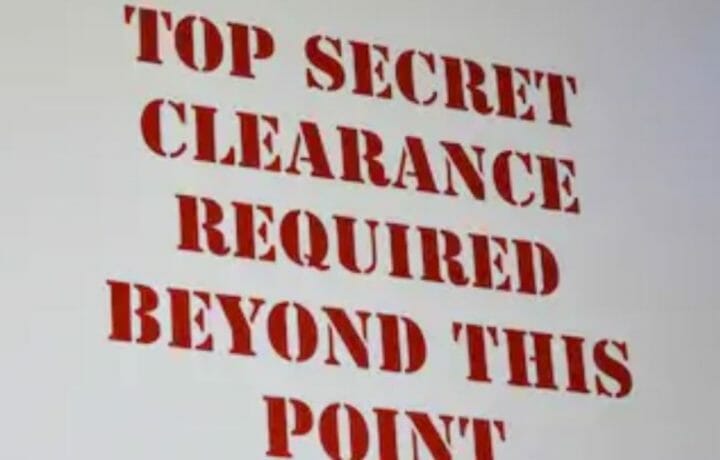With the FBI’s investigation into Hillary Clinton’s emails now officially closed, numerous lingering questions remain. Chief among them is the true content of thousands of emails Mrs. Clinton unilaterally deemed personal and destroyed – emails that even the FBI’s computer forensics experts were unable to recover. Specifically, what might those communications have contained of value to a hostile foreign government?
The FBI’s inability to answer this question is troubling given the Bureau’s assessment that Clinton’s home-brew server was hacked, along with the email accounts of several associates. That was inevitable given our adversaries’ cyber sophistication and Mrs. Clinton’s reckless negligence. Yet neither the FBI nor the broader national security community has adequately articulated the real problem Clinton’s deletions created: the inability to perform a complete damage assessment of who knows what.
More aptly defined as the potential for blackmail, pressure, or coercion, “who knows what” is ironically the seminal issue the government raises in many of the national security cases I litigate. The concern essentially boils down to whether certain undisclosed information – the proverbial skeleton in the closet – is damaging enough that a foreign government could use it as leverage against a security clearance holder in recruiting him or her to do its bidding. The situations we encounter range from embarrassing secrets to previously undiscovered criminal conduct.
Mrs. Clinton has been adamant in claiming that all of her deleted emails pertained to mundane personal affairs. But what if they didn’t? What if the reason Clinton deleted emails is that they contained even more egregious classified information? Or what if those “mundane” personal emails weren’t really so mundane? Perhaps they contained hard evidence of the pay-to-play allegations that have long swirled around the Clintons?
To be clear, I am not suggesting that a President Hillary Clinton would become the next Benedict Arnold; I don’t doubt her patriotism, even if I disagree with her politics. I do, however, believe that Mrs. Clinton, like many career politicians, is an opportunist at heart. That she would more favorably negotiate with a hostile foreign government holding bombshell emails is not a stretch of the imagination.
Mrs. Clinton’s die-hard supporters will no doubt dismiss these questions as mere conjecture or conspiracy theories. A more reasoned observer may, however, have a difficult time reconciling the fact that countless of the “little people” have lost their careers over far less. The standard for granting access to classified information is high for a reason. Any doubt about the applicant will be resolved, by law, in favor of national security.
Ultimately, the point is that we simply don’t know what we don’t know about Clinton’s deleted emails. But the Russians, the Chinese, or someone else might.
The voting public should consider the risk of a potentially blackmailable president.

